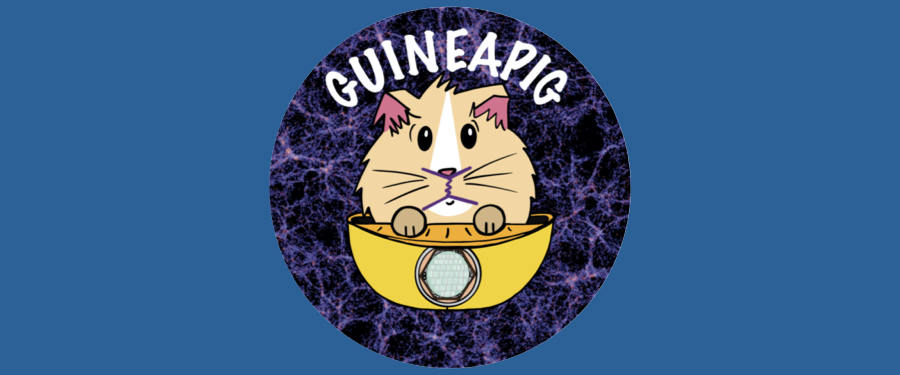Speaker
Description
While the attention of the dark matter community is shifting towards dark matter candidates beyond the WIMP paradigm, the majority of the dark matter parameter space outside of the weak scale remains experimentally inaccessible. Molecular systems have recently emerged as exceptionally capable and scalable targets to detect sub-GeV dark matter through both nuclear and electronic recoils. Here, I will present the theoretical basis of molecules as detector targets, as well as the road map towards their experimental deployment. I will then discuss the development of machine learning techniques to find optimal detector material candidates. Finally, I will conclude with a discussion of how these material-centric theoretical frameworks are applied to astrophysical objects to yield powerful new indirect probes of dark matter.

